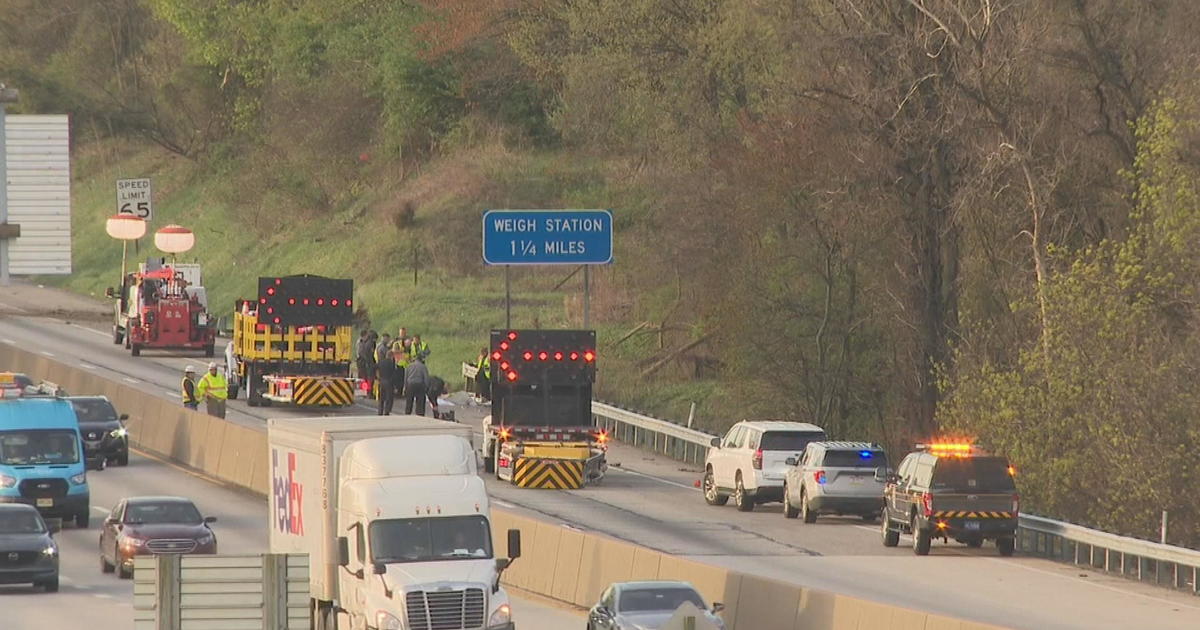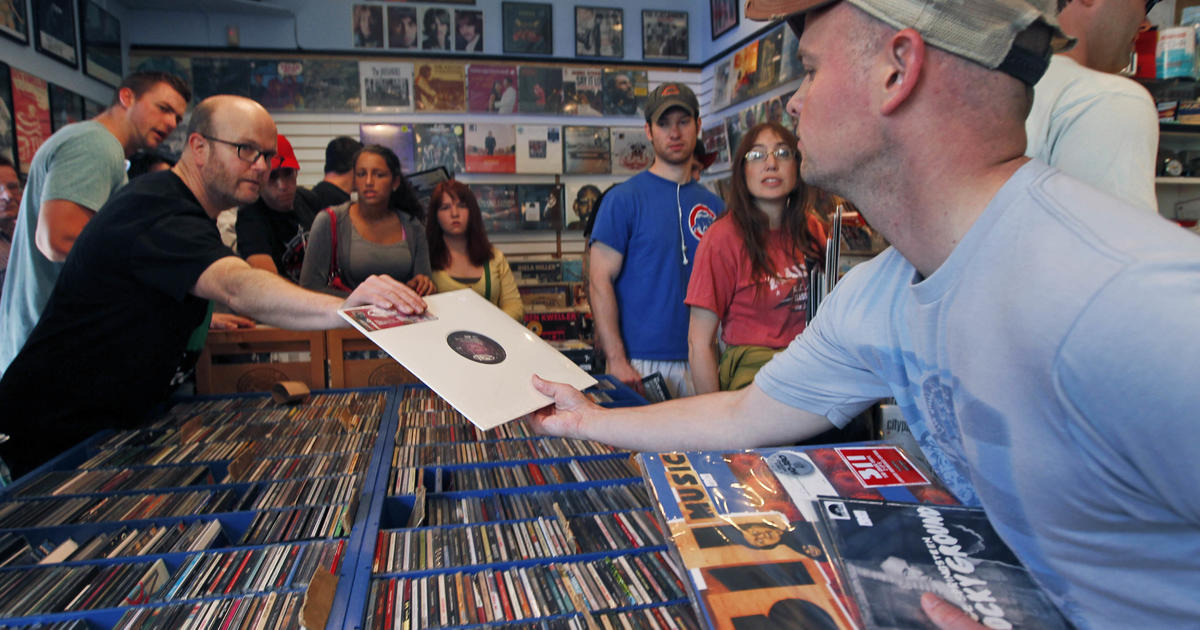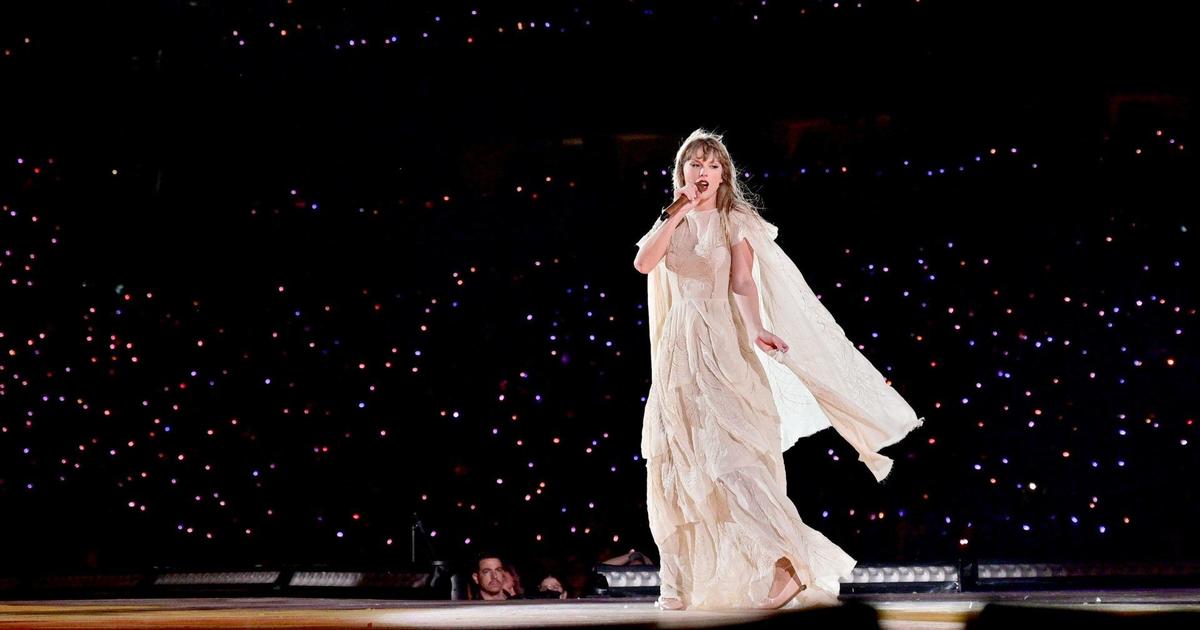Pennsylvania Lags Behind Other States In Liberalizing Voting Laws
HARRISBURG, Pa. (AP) — When it comes to liberalizing voting laws, the dark ages are catching up to Pennsylvania.
The decision by Pennsylvania state election officials to set aside plans for online voter registration this year ensures that Pennsylvania will lag farther behind most other states in the effort to expand access to voting and voter registration.
Based on an analysis of information from the National Conference of State Legislatures, Pennsylvania is now the most populous state that has not legalized at least one of four processes that other states are increasingly adopting: online voter registration or election-day registration, early voting and no-excuse absentee balloting.
New York's move last month to make online voter registration available leaves Pennsylvania among 10 states that do not allow early voting or online or election-day registration, while requiring an excuse from a voter — such as an illness or travel — to cast an absentee ballot.
Voting rights advocates view those processes as crucial to increasing participation in elections, although the actual effect seems difficult to prove conclusively.
"The academic literature on that is very mixed on whether it increases turnout or whether it just offers more opportunities to the voter who would already be voting," said Jennie Bowser, a Denver-based analyst for NCSL who tracks election issues.
Such steps can be political, too — especially ahead of the Nov. 6 presidential election when all indications point to an electorate that is narrowly divided between President Barack Obama, a Democrat, and his Republican challenger, former Massachusetts Gov. Mitt Romney.
Republicans have worked to curtail early voting since 2008, producing court battles in Florida and Ohio, which, like Pennsylvania, are considered battlegrounds in the presidential election.
For now, 33 states and the District of Columbia allow voters to cast either a no-excuse absentee ballot or to vote early, by mail or in person, without having to give a reason.
Eight states allow election-day registration. Pennsylvania will cut off voter registration this year after Oct. 9, and the last day to apply for a civilian absentee ballot is Oct. 30.
Fourteen states have approved online voter registration, although three states have not implemented it yet, according to the NCSL.
The Pennsylvania Department of State, which oversees elections, began to explore the concept of online voter registration earlier this year. It dropped the idea after county officials voiced concern that they could not absorb the new process at the same time they are trying educate poll workers about Pennsylvania's tough new voter identification law, signed in March by Gov. Tom Corbett.
The photo ID law, now one of the toughest in the nation, requires each voter to show a valid form of photo before their vote is counted. It is being challenged in court, and the state Supreme Court is scheduled to hear oral arguments Thursday in Philadelphia. That law, championed by Republicans and tea party conservatives, is staunchly opposed by Democrats and advocates of liberalizing voting laws.
In Pennsylvania, creating early voting, no-excuse absentee balloting or election-day voter registration would require action by the Legislature.
A 13-member election reform commission empanelled by former Gov. Ed Rendell, a Democrat, recommended unanimously in 2005 that applications for absentee ballots be accepted through Election Day. A majority on the panel supported changing the law — and, if necessary, the state constitution — to allow any voter to cast an absentee ballot without conditions.
The commission voted unanimously against the concept of allowing early in-person voting. The panelists worried about the mechanics and the cost, as well as the idea that it would "diminish the civic sense of community experienced on Election Day" without evidence that it substantially increased turnout.
It also voted, 7-6, against the idea of allowing election-day registration, with some members concerned that workers at polling places would be overwhelmed.
The group did not, however, recommend tougher identification requirements for voters.
(© Copyright 2012 The Associated Press. All Rights Reserved. This material may not be published, broadcast, rewritten or redistributed.)



